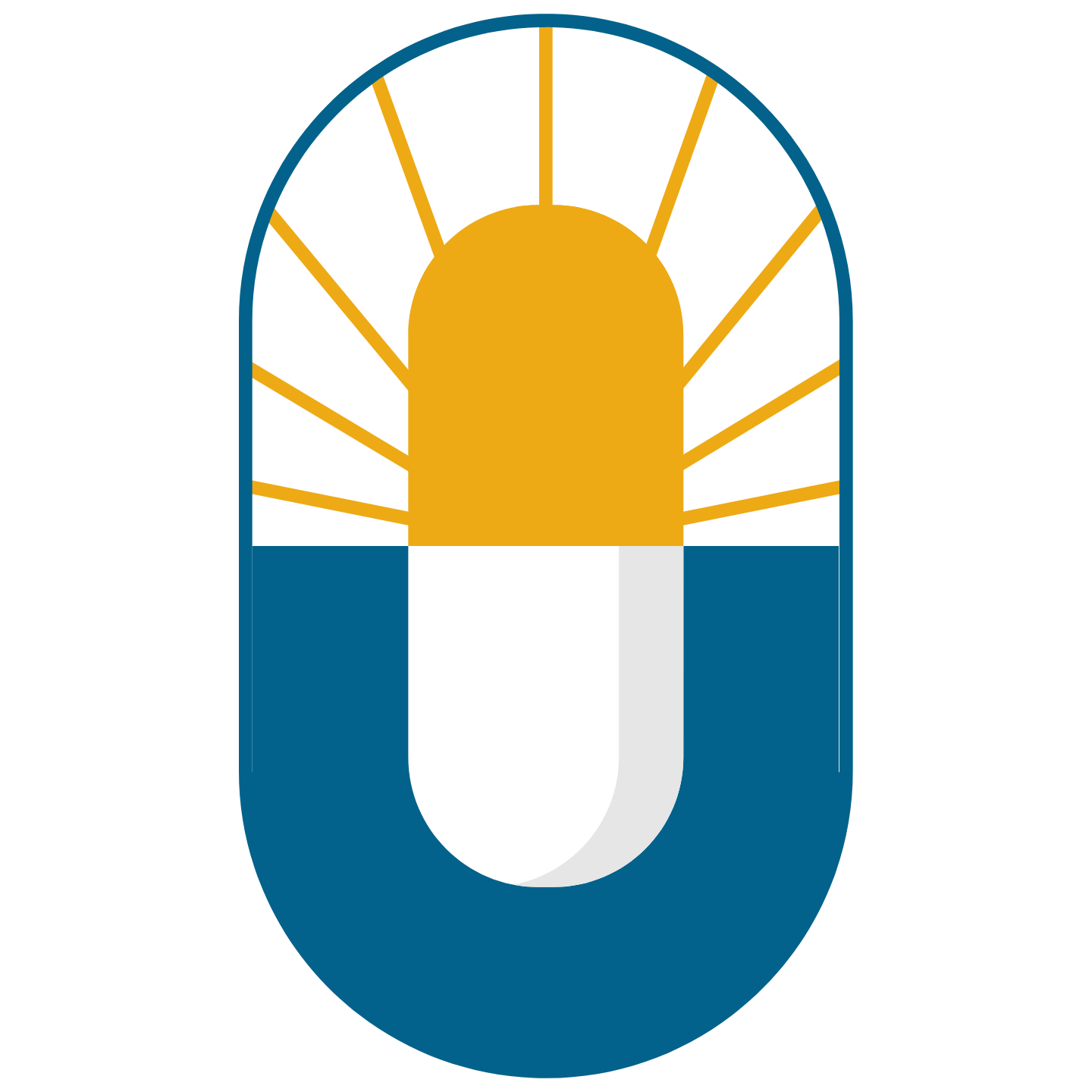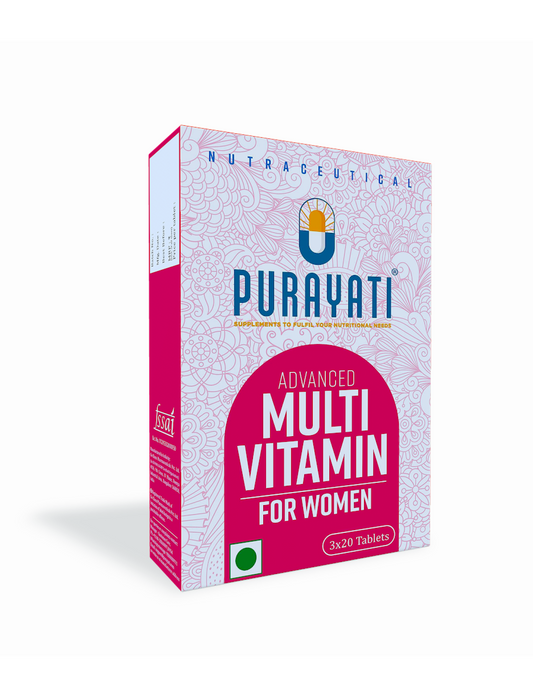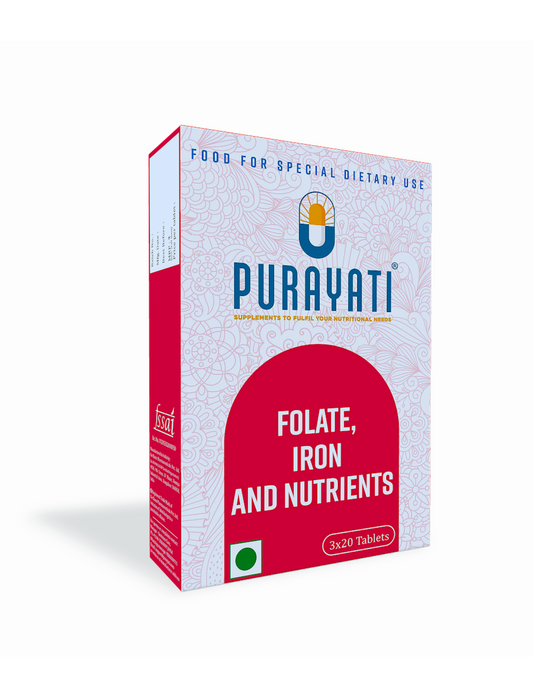A tiny pill, a giant impact: Folic acid, also known as vitamin B9, is a crucial nutrient for women, especially those who are pregnant or planning to become pregnant. This essential vitamin plays a vital role in ensuring the healthy development of your baby and can significantly reduce the risk of birth defects.
Why is Folic Acid Important?
Folic acid is vital for the formation of the neural tube, which eventually develops into your baby's brain and spinal cord. This process happens very early in pregnancy, often before a woman even knows she is pregnant. Taking folic acid before and during pregnancy helps ensure that the neural tube closes properly, reducing the risk of neural tube defects (NTDs) such as spina bifida and anencephaly.
NTDs are serious birth defects that can affect the brain, spinal cord, and nerves. They can cause physical and intellectual disabilities, and in some cases, can be fatal.
| Click Here to know about Purayati's folate iron and nutrients |
Benefits of Folic Acid:
Prevents NTDs: This is the primary benefit of folic acid, offering significant protection against these serious birth defects. Studies have proven that taking folic acid reduce the risk of NTDs by up to 70%.
Reduces the risk of preterm birth and low birth weight: Folic acid contributes to a healthy pregnancy, potentially decreasing the risk of these complications.
Improves cognitive development: Research suggests that folic acid can enhance your child's cognitive function and learning abilities.
Decreases the risk of other birth defects: Folic acid also plays a role in preventing other birth defects, including cleft palate and congenital heart defects.
Promotes overall health: Folic acid is essential for healthy cell division and DNA synthesis, supporting the overall development of your baby's organs and tissues.
When to Start Taking Folic Acid:
Ideally, you should start taking folic acid at least one month before conception and continue throughout the first trimester of pregnancy. This allows your body to build up a reserve of folic acid, which is crucial for the early stages of your baby's development. However, even if you discover your pregnancy later, starting folic acid as soon as possible can still offer benefits.

Sources of Folic Acid:
Supplements: A folic acid supplement is the most reliable way to ensure you get the recommended daily intake of 400 micrograms. Many prenatal vitamins already contain folic acid.
Food:
Natural sources of folate, the natural form of folic acid, include:
Leafy green vegetables (spinach, kale, broccoli)
Beans and lentils
Citrus fruits and juices
Whole grains
Fortified foods (cereal, bread)
How to Get Enough Folic Acid:
Take a daily folic acid supplement: This is the most effective way to ensure you're getting enough folic acid, especially if you have difficulty consistently consuming folate-rich foods.
Include folate-rich foods in your diet: Eating a balanced diet that includes plenty of fruits, vegetables, and whole grains can contribute to your folic acid intake.
Talk to your doctor: Consult your healthcare provider to determine the best course of action for your individual needs, especially if you have any pre-existing medical conditions.
Additional Tips:
Plan ahead: If you are planning to become pregnant, start taking folic acid at least three months before trying to conceive.
Don't stop after the first trimester: While the first trimester is crucial, continuing folic acid through the second and third trimesters can still benefit your baby's development.
Spread the word: Share information about folic acid with other women who are pregnant or planning to become pregnant.
Investing in Your Baby's Health:
Folic acid is a simple yet powerful nutrient that significantly impact your baby's development and well-being. By incorporating it into your preconception and pregnancy routine, you're taking an essential step towards protecting your little one from birth defects and promoting their healthy growth.
Remember, it's never too late to start taking folic acid. Make this important nutrient a part of your journey towards a healthy pregnancy and a happy, healthy baby.
| Click Here to know more about pregnancy nutritional challenges |



